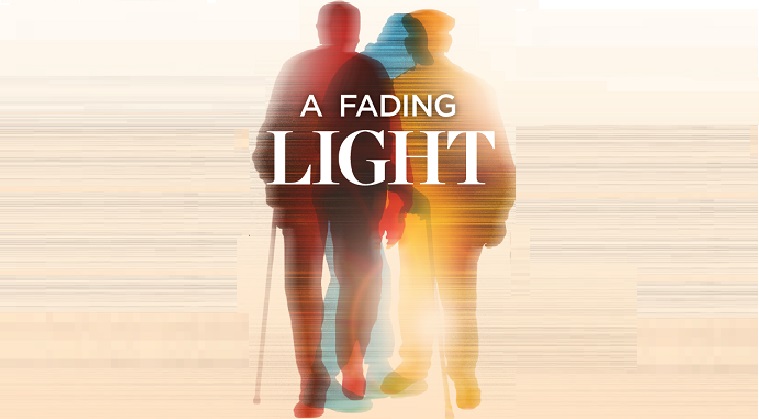A Fading Light: Chapter 3

Over time, I took over all the tasks my husband z”l had been in charge of, jobs for which I had little aptitude and that I had avoided all my life

A
n aspect of caregiving rarely discussed is that it can bring out strengths you never imagined you had. For those of you beginning the long and difficult journey of caregiving, and in a panic over the challenges that await you, it’s so comforting to know this.
Sometime before the onset of my husband’s illness, I watched a documentary about a woman who was caring for her spouse. Awed by her fortitude, I wondered how she got through each day and was sure I could never, ever deal with a challenge like that. And then, I discovered, a year or two later, that I could.
This doesn’t mean it was easy. It most certainly wasn’t. But finding and drawing on these resources was empowering.
After an initial period of despair and panic, during which I wondered how I’d ever survive, let alone cope with, the difficulties that lay ahead, I found, much to my surprise, untapped strength and resilience. I juggled caregiving and a career, despite the fact that I rarely, if ever, slept more than two or three hours a night.
Over time, I took over all the tasks my husband z”l had been in charge of, jobs for which I had little aptitude and that I had avoided all my life. I learned how to check the boiler, set timers, replace batteries, and perform a host of other small, but to me, unfamiliar and daunting tasks. I managed not to fall apart when the basement flooded or when I found a dead cat in our garden.
What most amazed me was that I could learn how to manage our family finances, including preparing the papers for our accountant when tax season rolled around. This was a task that at first seemed insurmountable. I cried for weeks that first year as I struggled to do what seemed to me the impossible. The next year was better.
It wasn’t easy for me to challenge authority, but I became a vocal and, when necessary, aggressive advocate for my husband when he could no longer advocate for himself. I wasn’t used to telling doctors what I wanted them to do, but became quite adept at it. For example, I refused to allow my husband to be treated by any doctor unless he agreed not to discuss his diagnosis with him. One of them said that he was ethically obligated to do so, but he admitted that if he were in my position, he would make the same demand. I thanked him for his frankness and immediately started looking for another doctor. When I looked in the mirror, I could hardly recognize the new authoritative and assertive person I had become.
(Excerpted from Family First, Issue 641)
Oops! We could not locate your form.


